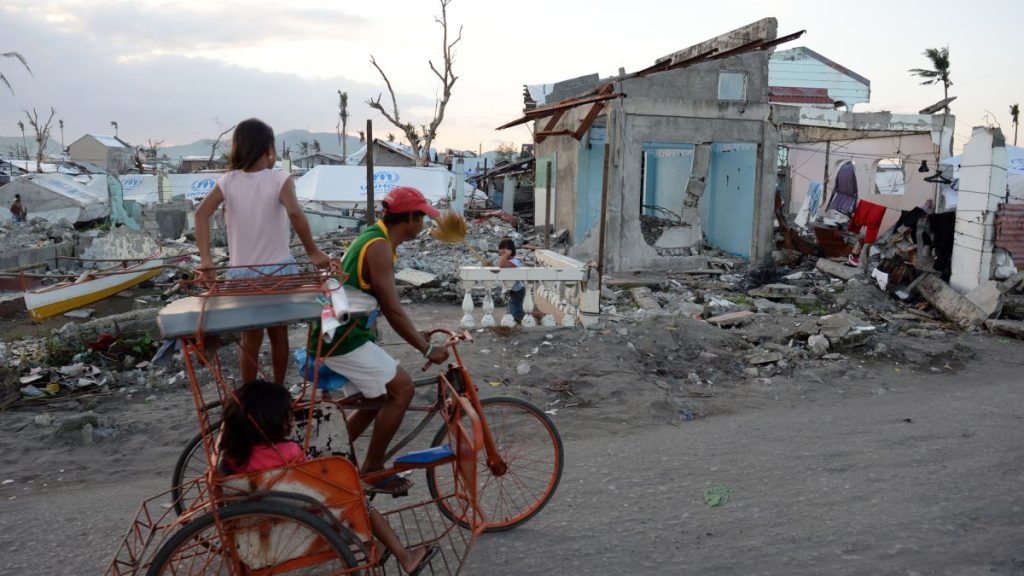UN chief announces plan to get the whole world access to early weather warnings within 5 years

Early warning systems inform people that Yet a third of the world’s population is not covered by these systems. And where they have been absent, hundreds, That’s had devastating consequences. The WMO pointed to Tropical Cyclone Idai, which hit Mozambique, Malawi and Zimbabwe in 2019, as an example of inadequate warnings, communication and education — which Guterres said was “unacceptable, particularly with climate impacts sure to get even worse.” “The meteorological services of Malawi and Zimbabwe were not able to forecast the event at all,” said Petteri Taalas, the Secretary-General of the WMO, in an email to CNN. “In Mozambique the storm surge, wind speeds and rainfall amounts were forecasted by the national meteorological service, but the responsible authorities were not acting to prevent human and economic losses since they didn’t fully understand the risks caused by Idai.” There were more than 1,300 deaths from Idai, UN figures show. The WMO said it was continuing to fight for better weather warnings, and putting educational programs in place. “Even though the number of disasters has increased and economic costs are rising, the death toll has fallen dramatically,” a spokesperson for the WMO said. “Horrific death tolls of hundreds of thousands of people 50 years ago in Bangladesh and Myanmar are now history.” Guterres has tasked the WMO to present an action plan at the next UN climate conference in Egypt this November.





